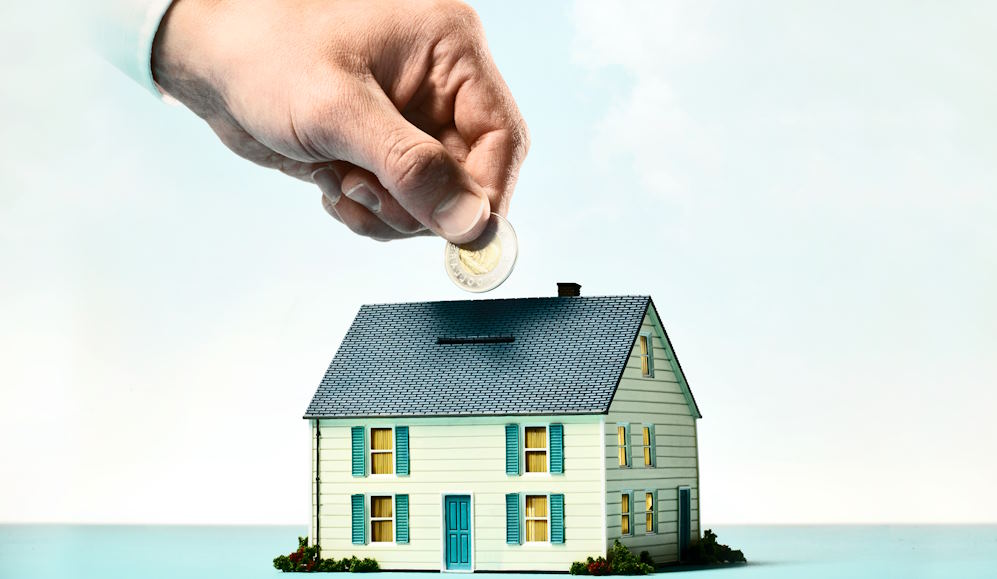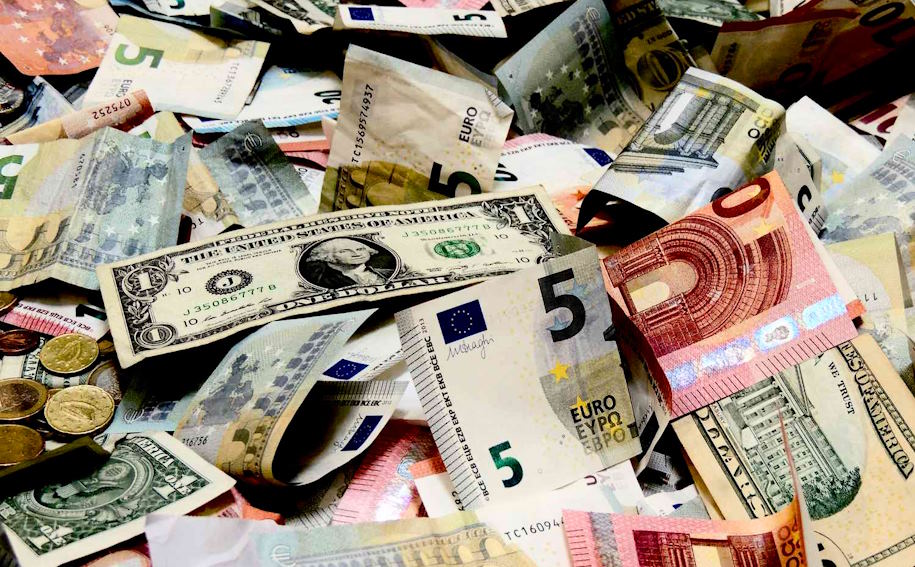Investing in European properties has long been a desirable avenue for individuals seeking to diversify their portfolios or establish a foothold in an attractive real estate market. However, amidst the excitement of acquiring a European property, it is crucial to recognize the significant role that currency exchange plays in managing finances. The intricacies of currency exchange can have a profound impact on the overall cost and profitability of property purchases.
Strategies for Managing Currency Exchange
Timing the currency exchange to maximize benefits:
Timing is critical when it comes to currency exchange. Fluctuations in exchange rates can significantly impact the final cost of a property purchase. By closely monitoring exchange rates and identifying favorable periods, investors can time their currency exchanges to maximize benefits. This may involve waiting for a dip in the currency’s value before exchanging or taking advantage of a strong currency to lock in a favorable rate. While predicting the market is inherently uncertain, conducting diligent research, consulting with experts, and keeping a watchful eye on market trends can enhance the chances of making well-timed currency exchanges.

Hedging strategies to mitigate risks associated with currency fluctuations:
Currency fluctuations pose risks to property investors, as they can impact the overall cost and profitability of their investments. Employing hedging strategies can help mitigate these risks. For example, investors can consider forward contracts, which allow them to lock in an exchange rate for a future transaction, thereby protecting themselves from adverse currency movements. Options contracts are another hedging tool that provides the right, but not the obligation, to exchange currencies at a predetermined rate. By utilizing these hedging instruments, investors can safeguard against potential losses caused by volatile currency markets.
Financial Planning for European Property Purchases
Setting a budget and evaluating affordability:
Before embarking on a European property purchase, it is crucial to establish a realistic budget and evaluate affordability. This involves assessing your financial situation, considering your income, savings, and other financial commitments. Set a budget that allows you to comfortably afford the property, factoring in potential mortgage payments, maintenance costs, and unexpected expenses. Evaluating affordability ensures that you make a well-informed decision that aligns with your financial capabilities and long-term goals.
Assessing financing options and their implications:
Understanding the various financing options available for European property purchases is essential for effective financial planning. Research and compare mortgage options, interest rates, and loan terms offered by different lenders. Consider the implications of each financing option, such as down payment requirements, repayment schedules, and potential fluctuations in interest rates. Consulting with a mortgage advisor can provide valuable insights and help you choose the financing option that best suits your needs and financial circumstances.

Considering tax and legal aspects of property transactions:
Tax and legal considerations play a significant role in financial planning for European property purchases. Familiarize yourself with the tax regulations and legal requirements specific to the country where you plan to buy property. Seek guidance from local tax advisors and legal professionals to ensure compliance with relevant laws and regulations. Understanding tax implications, such as property taxes and potential capital gains taxes, helps you factor these costs into your financial plan accurately.
Estimating additional costs (e.g., property taxes, maintenance, insurance):
Beyond the purchase price, it’s essential to estimate additional costs associated with owning a European property. These may include property taxes, maintenance fees, insurance premiums, and utility expenses. Research the average costs in the area where you plan to purchase and include these figures in your financial plan. Estimating additional costs provides a comprehensive overview of the financial commitment involved in owning a European property and helps you budget accordingly.


